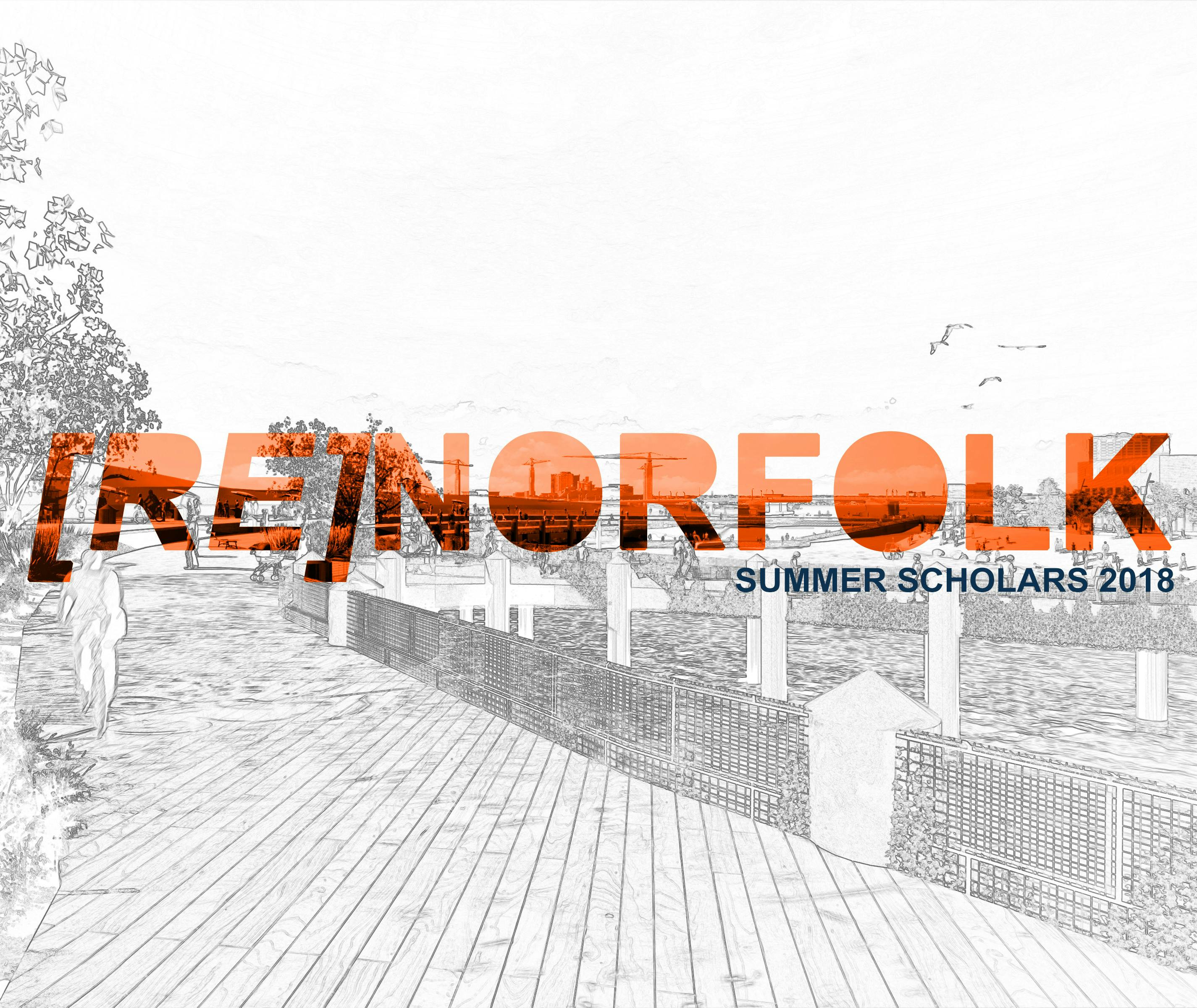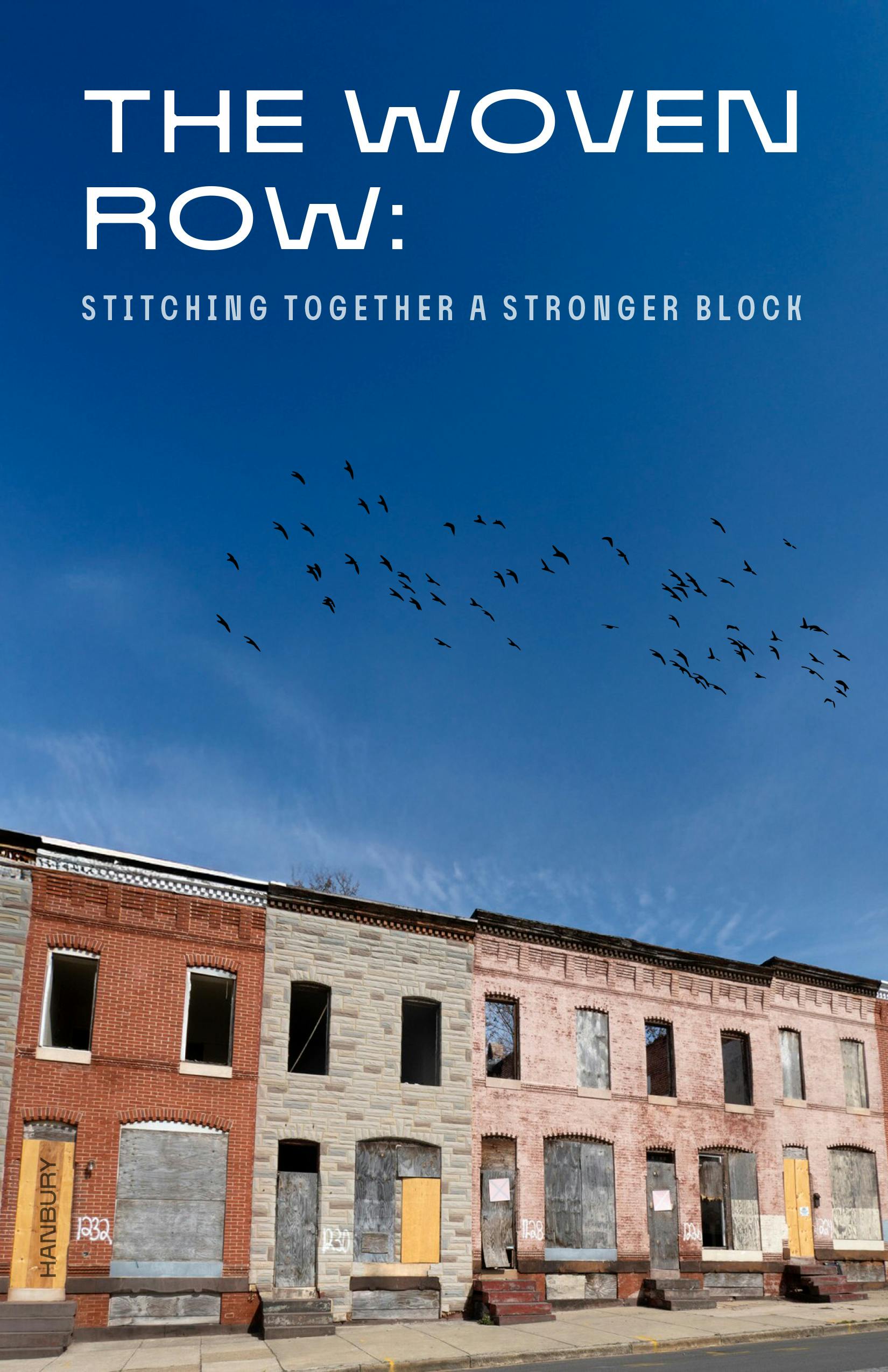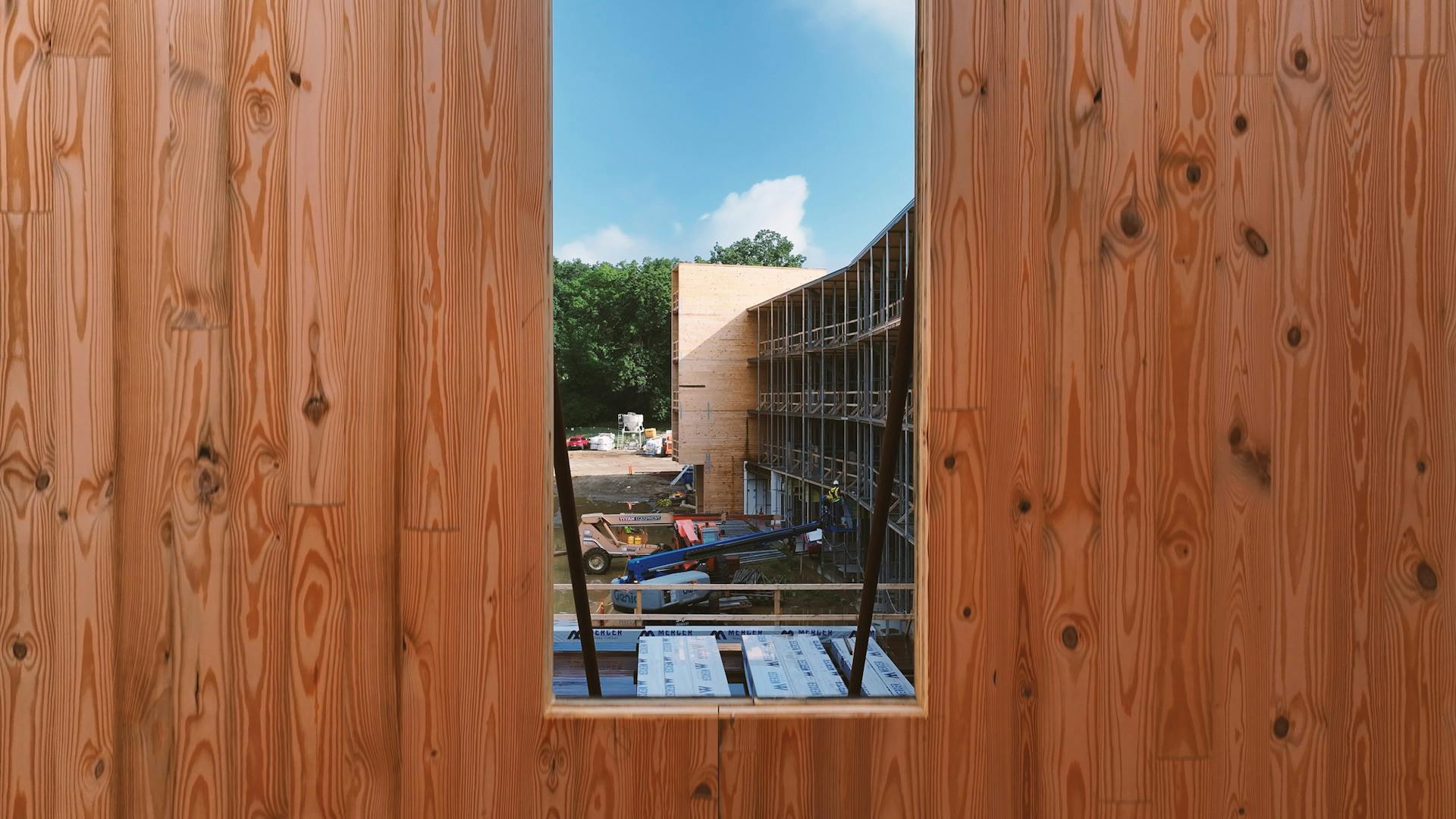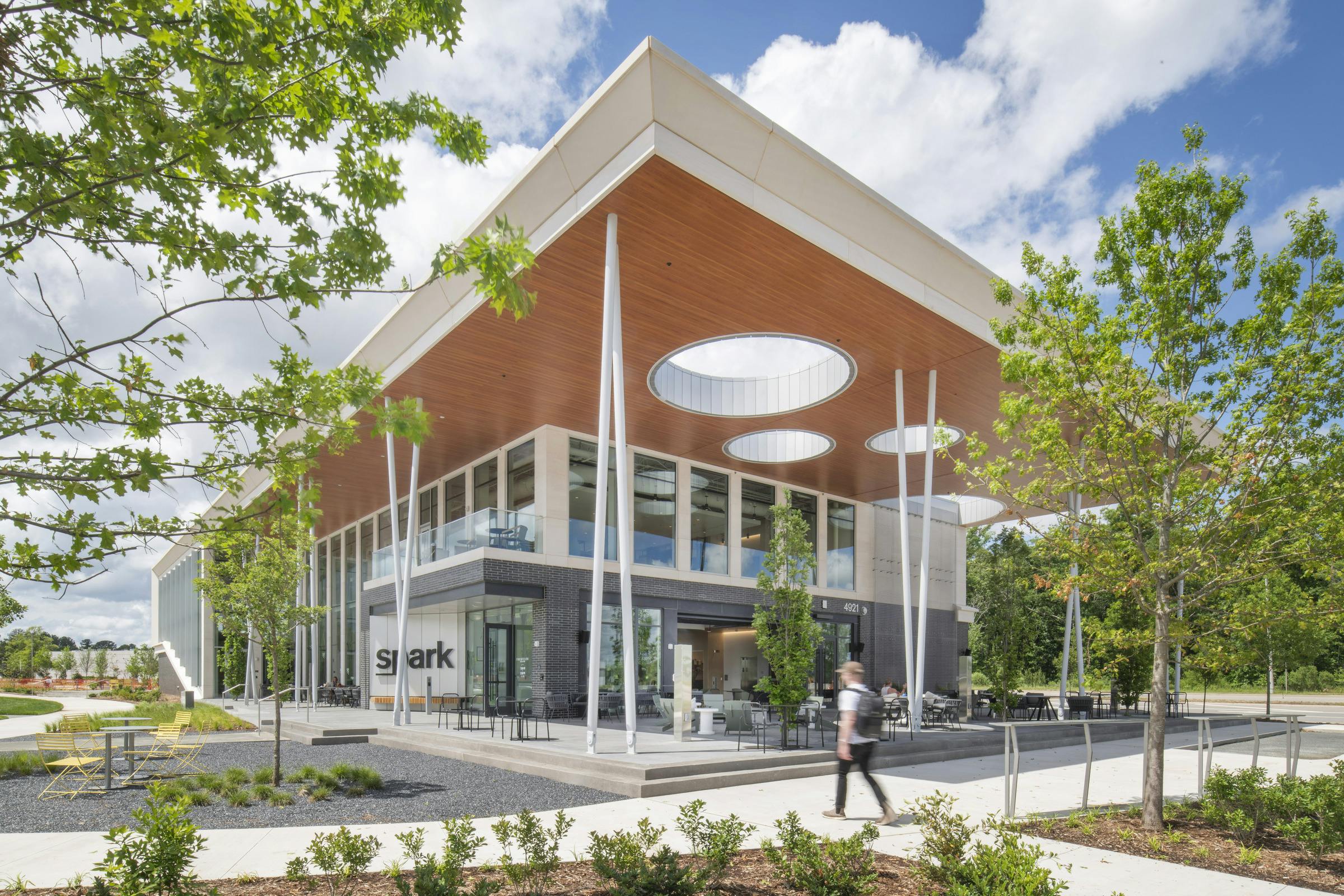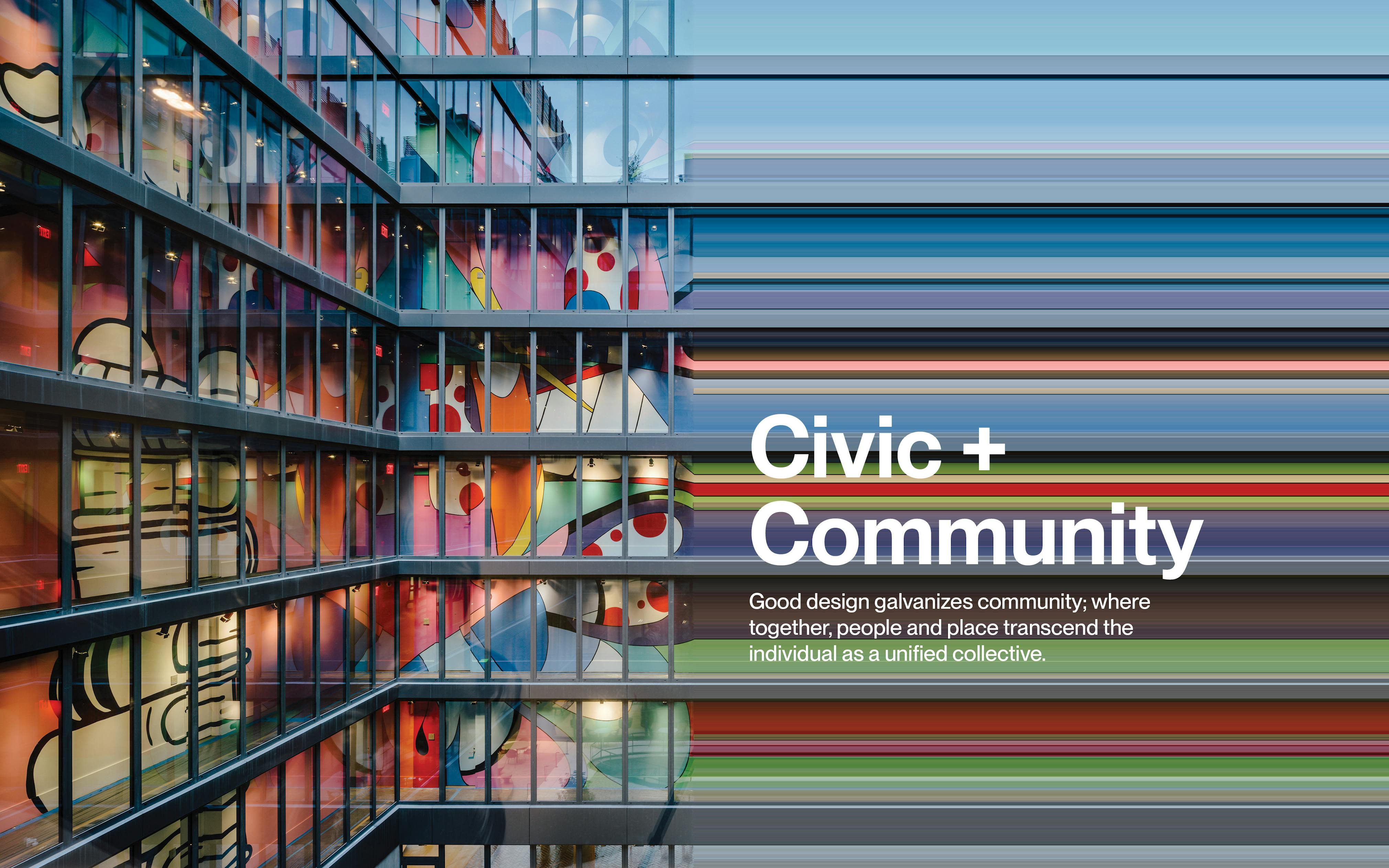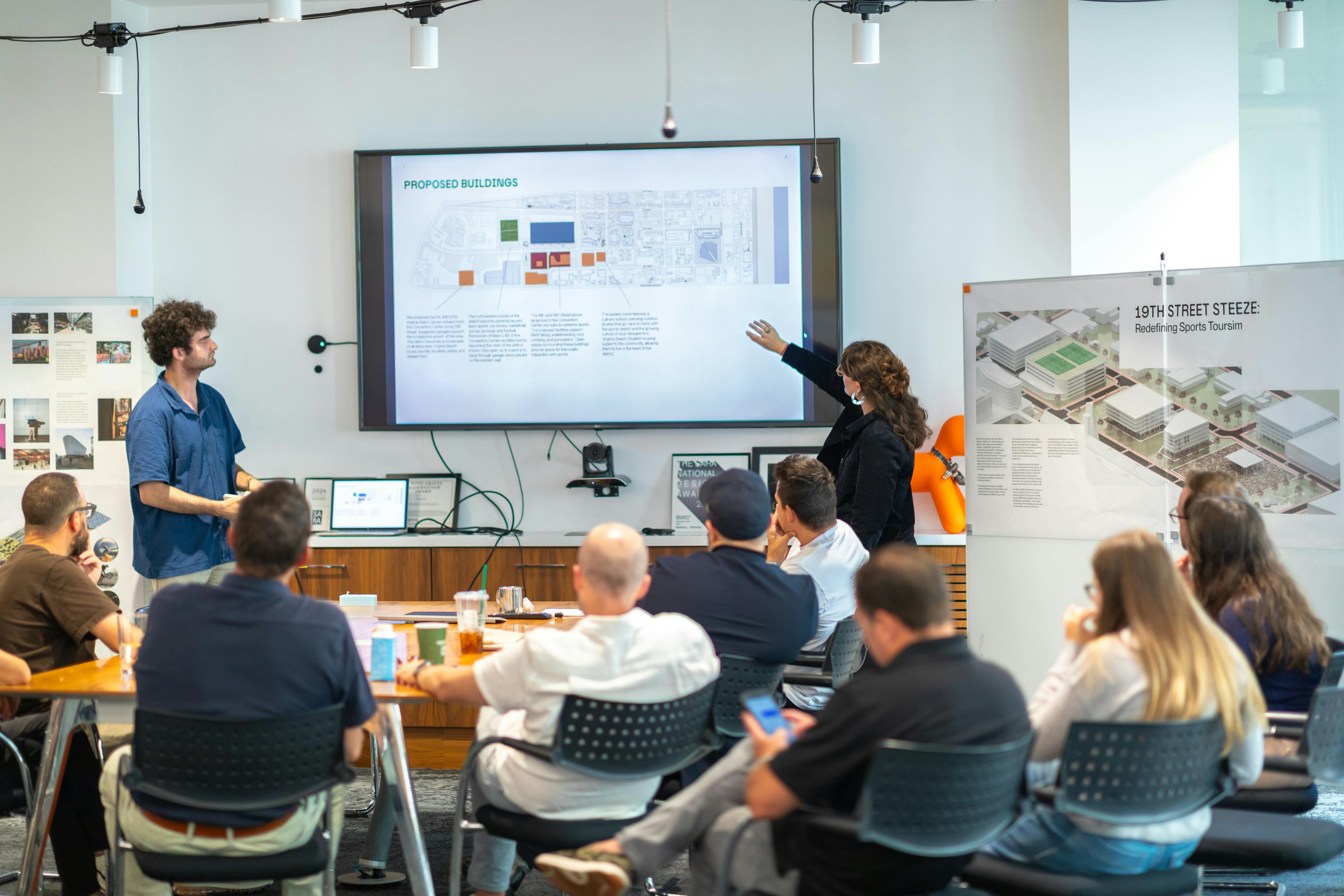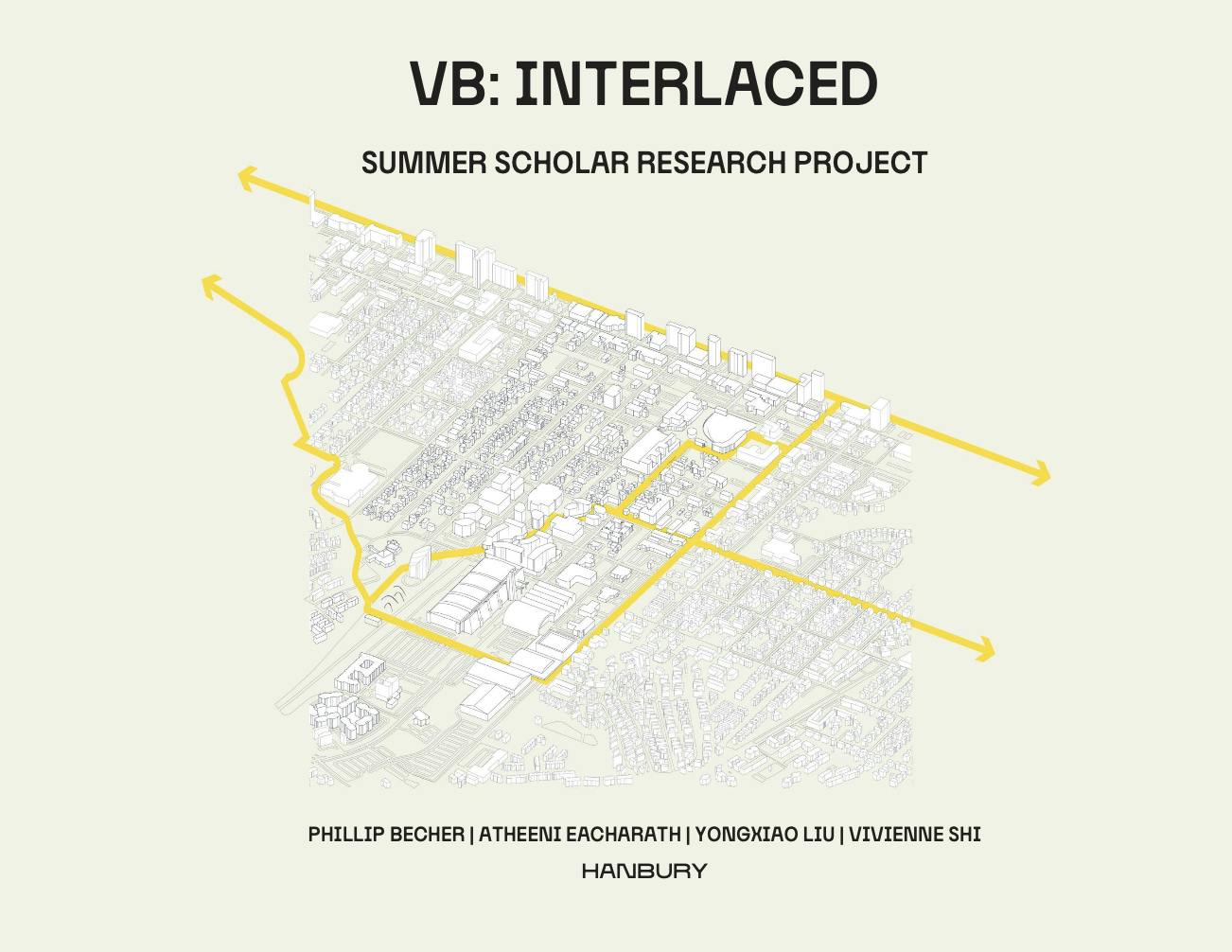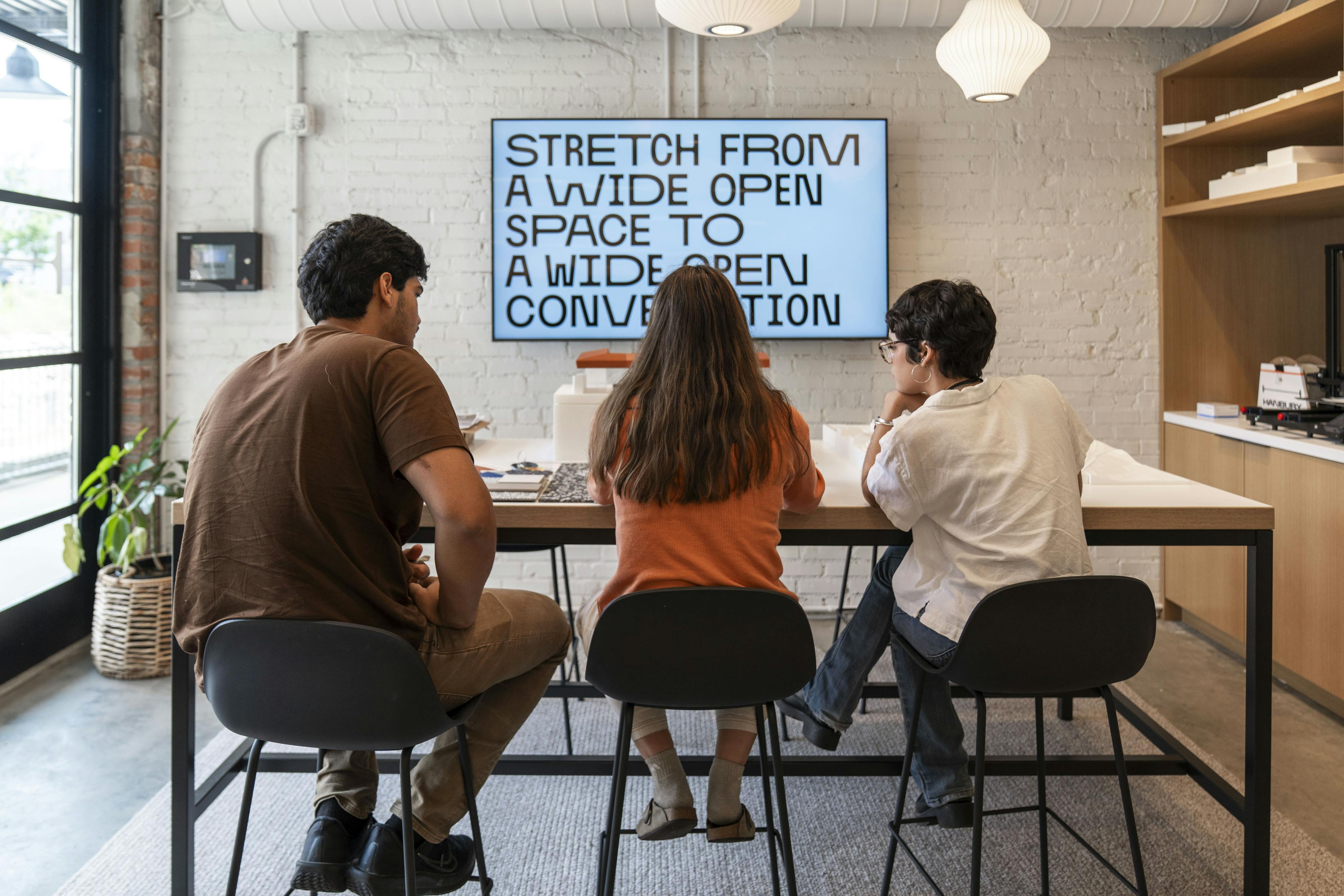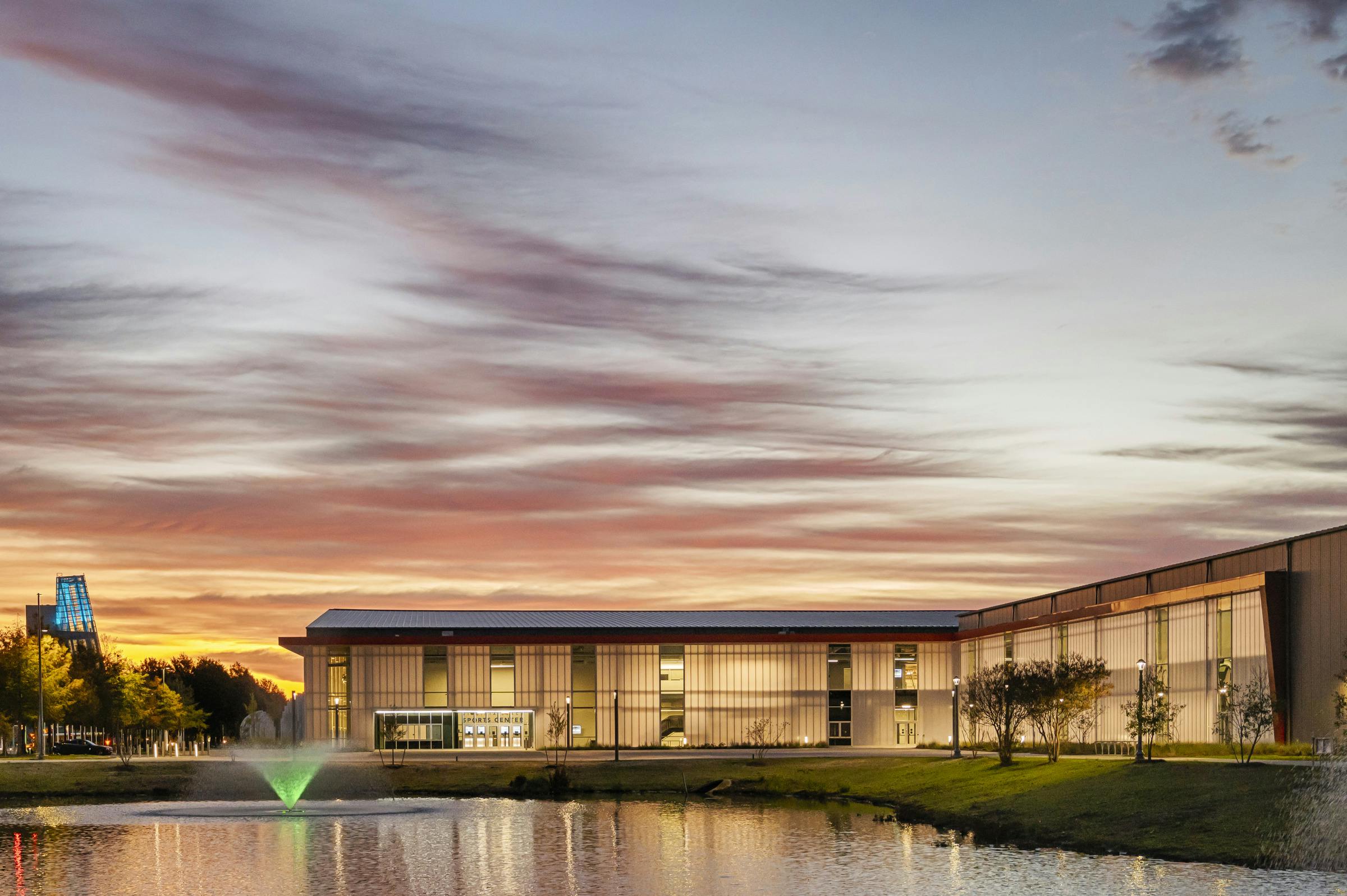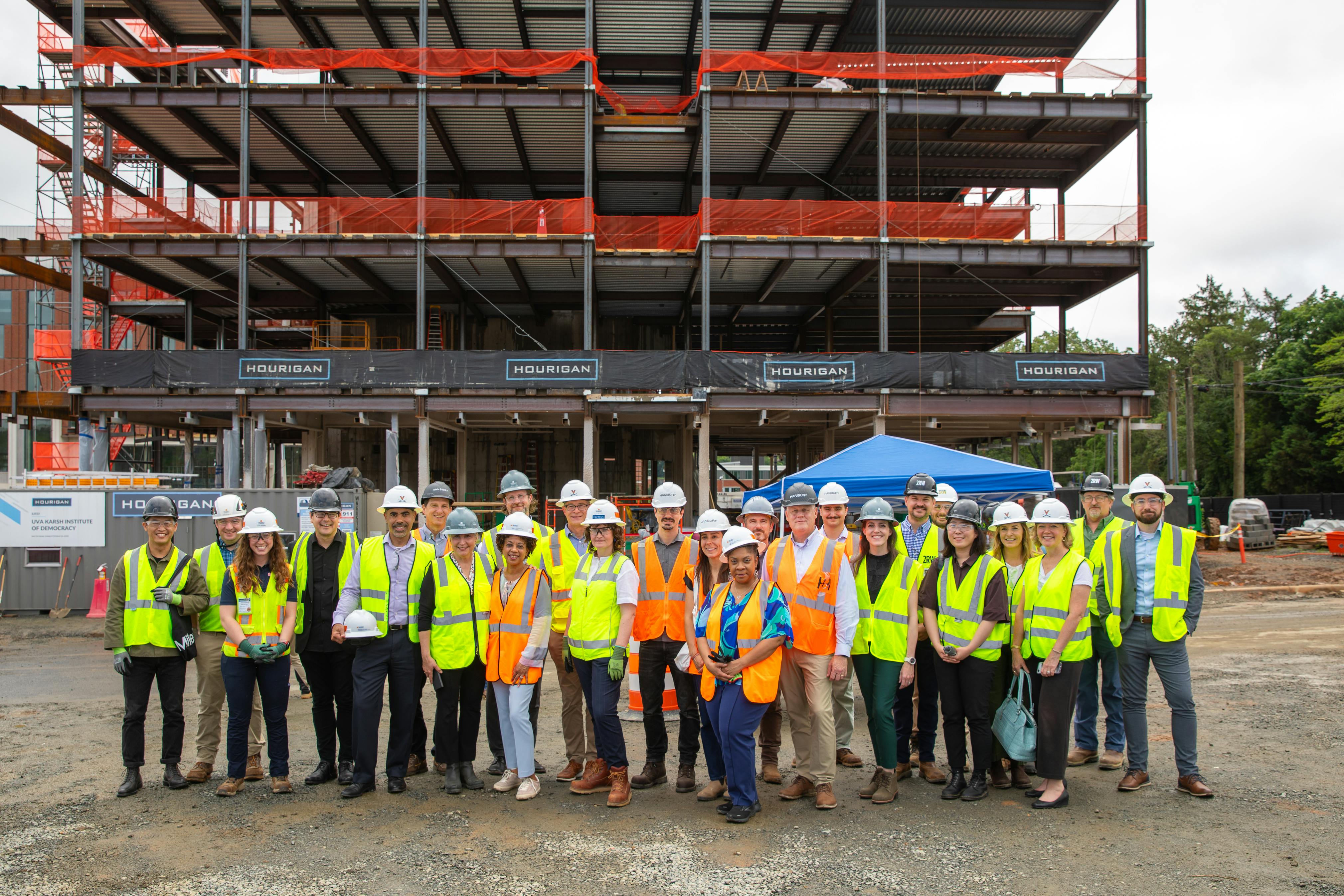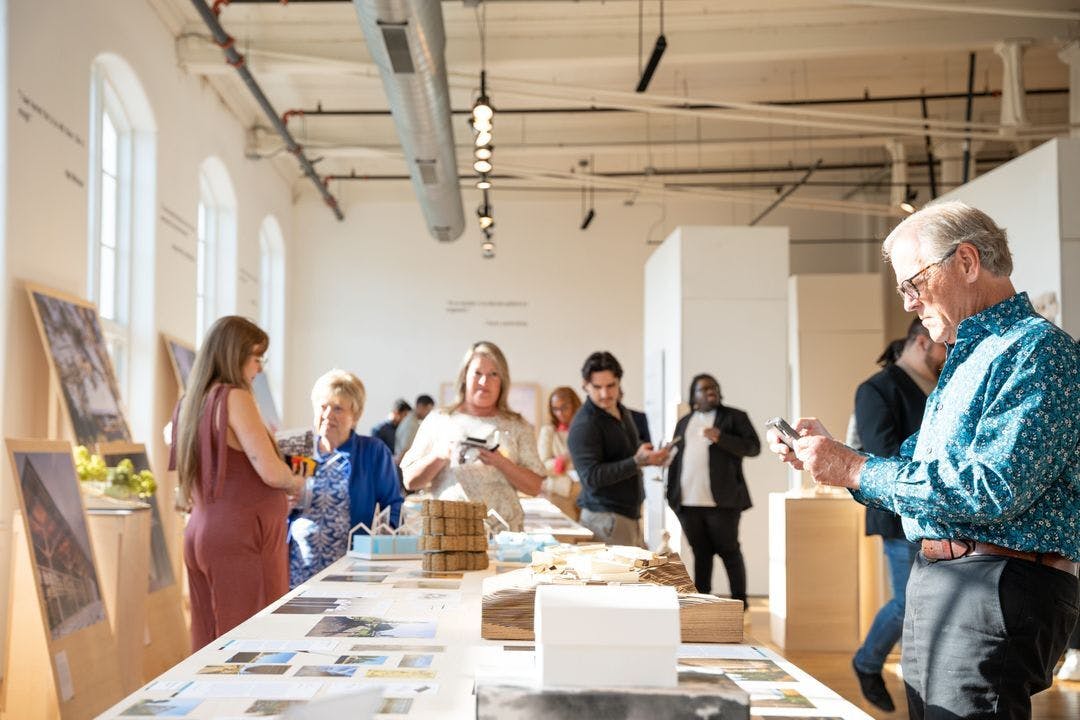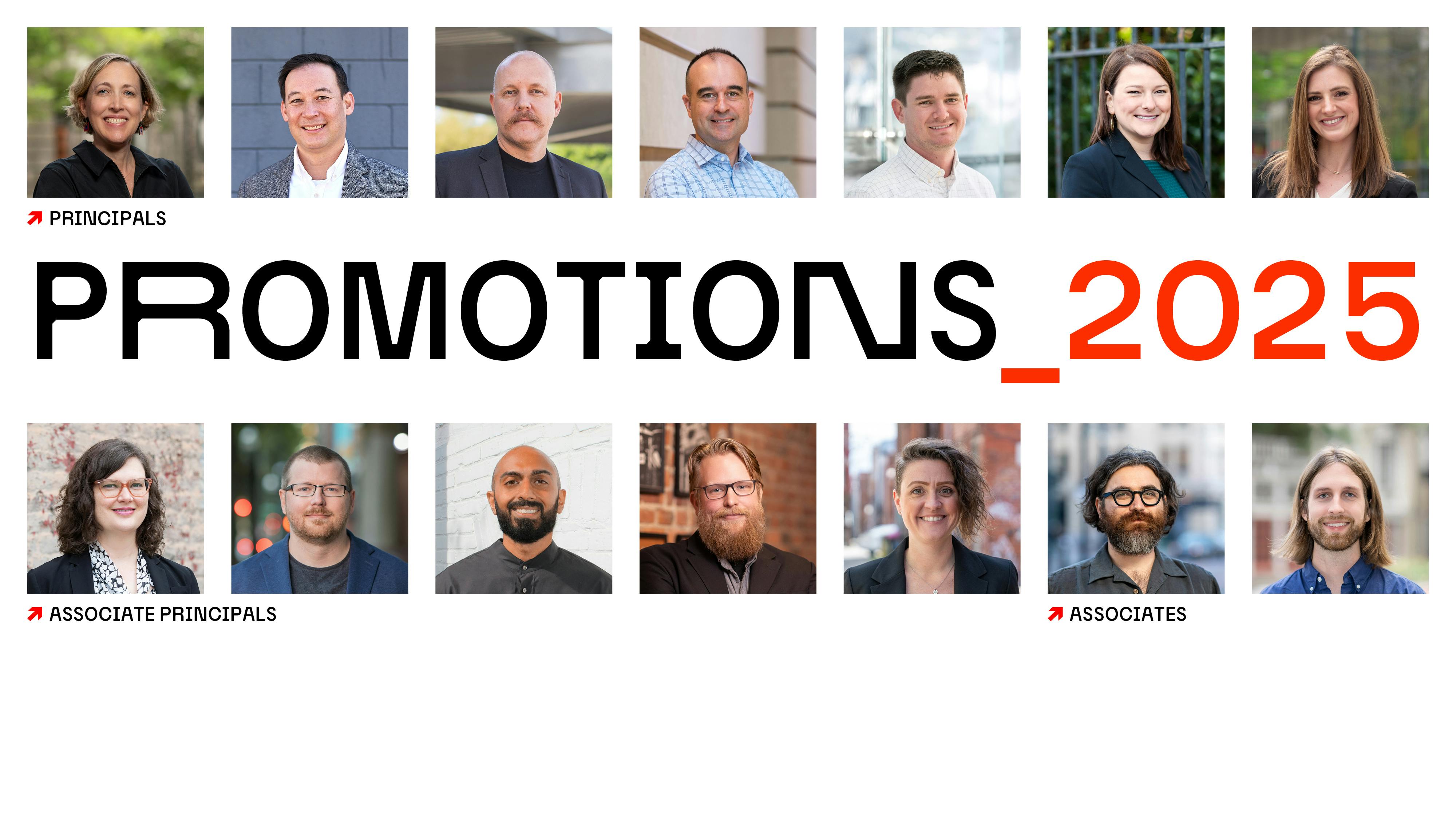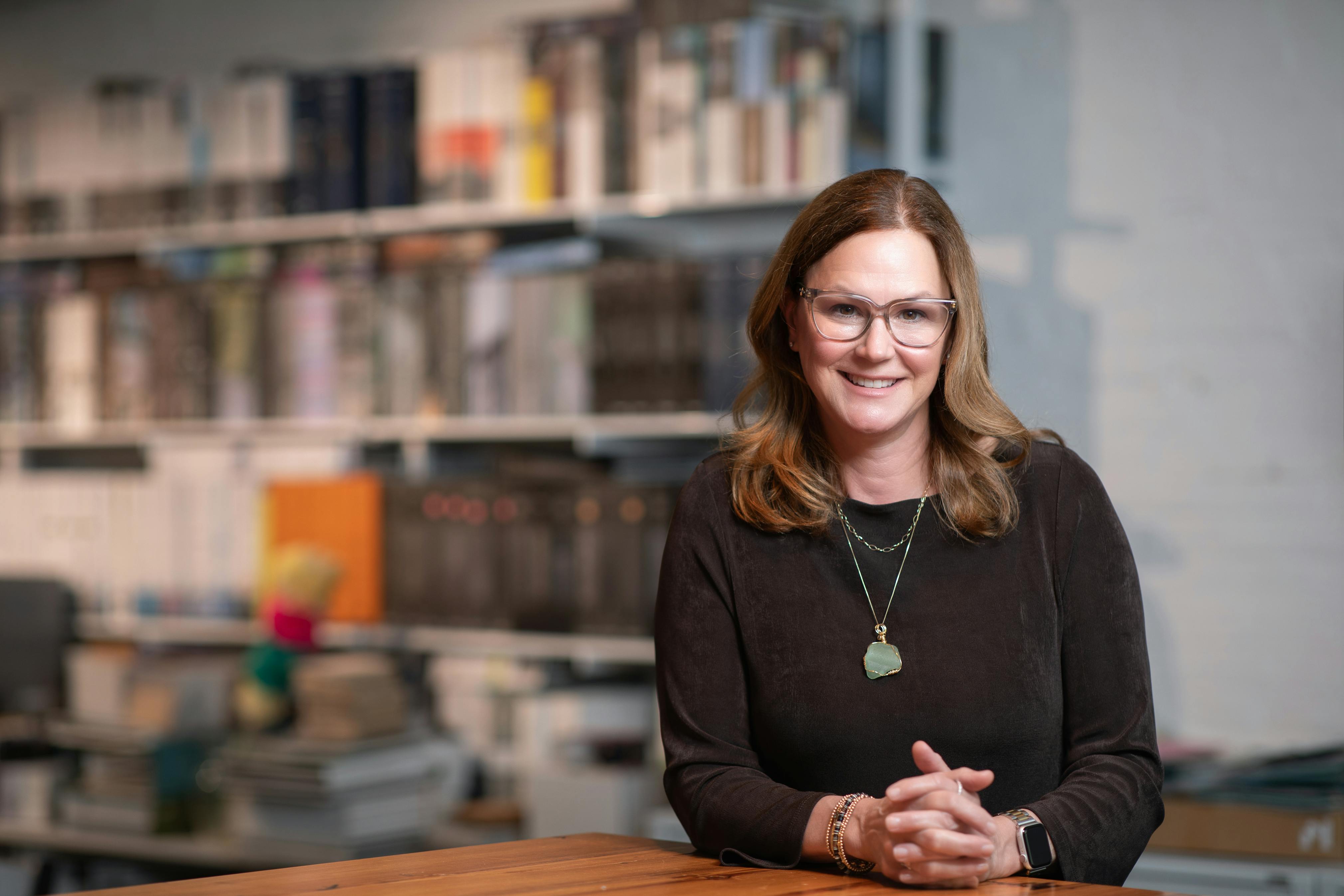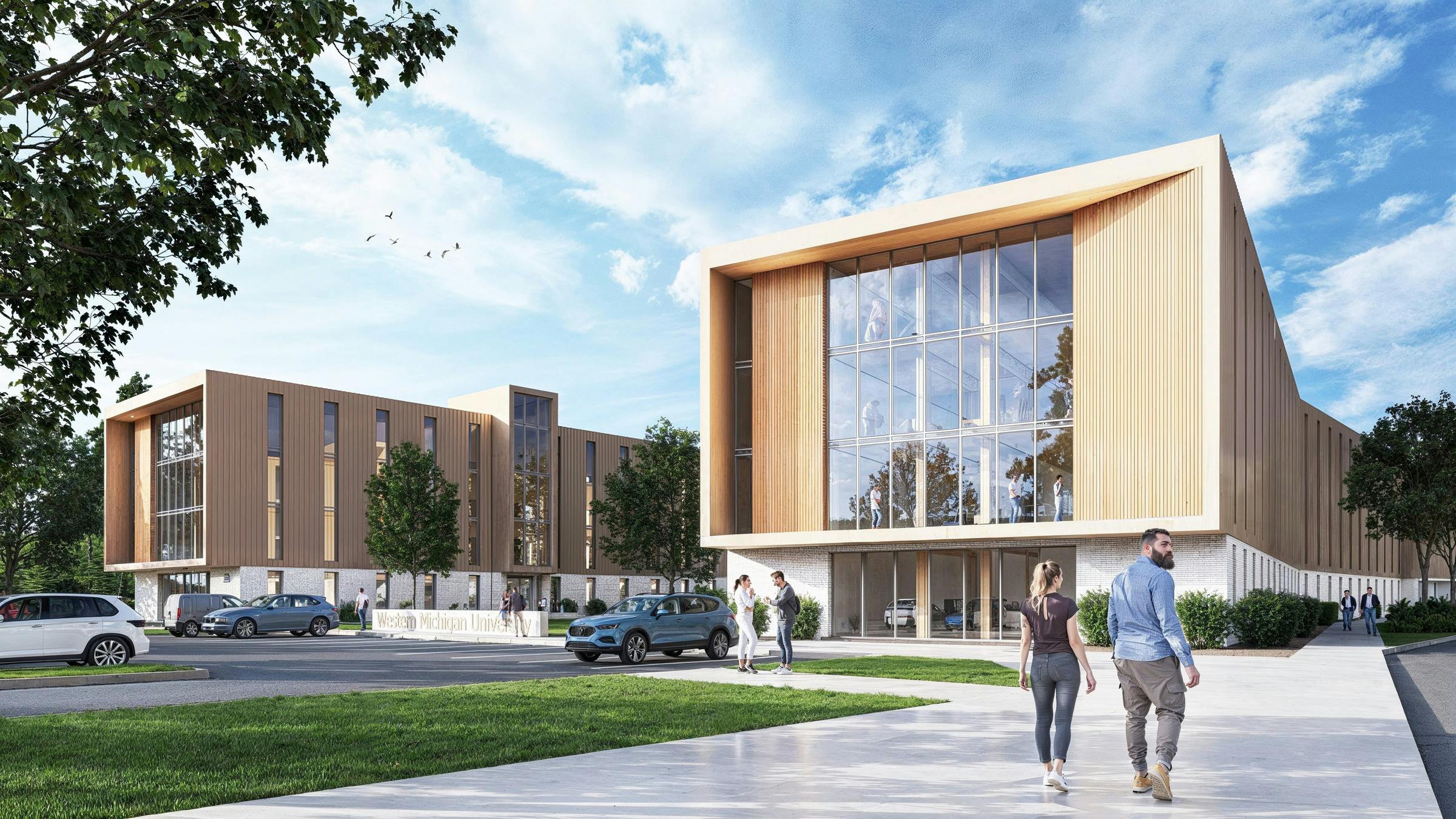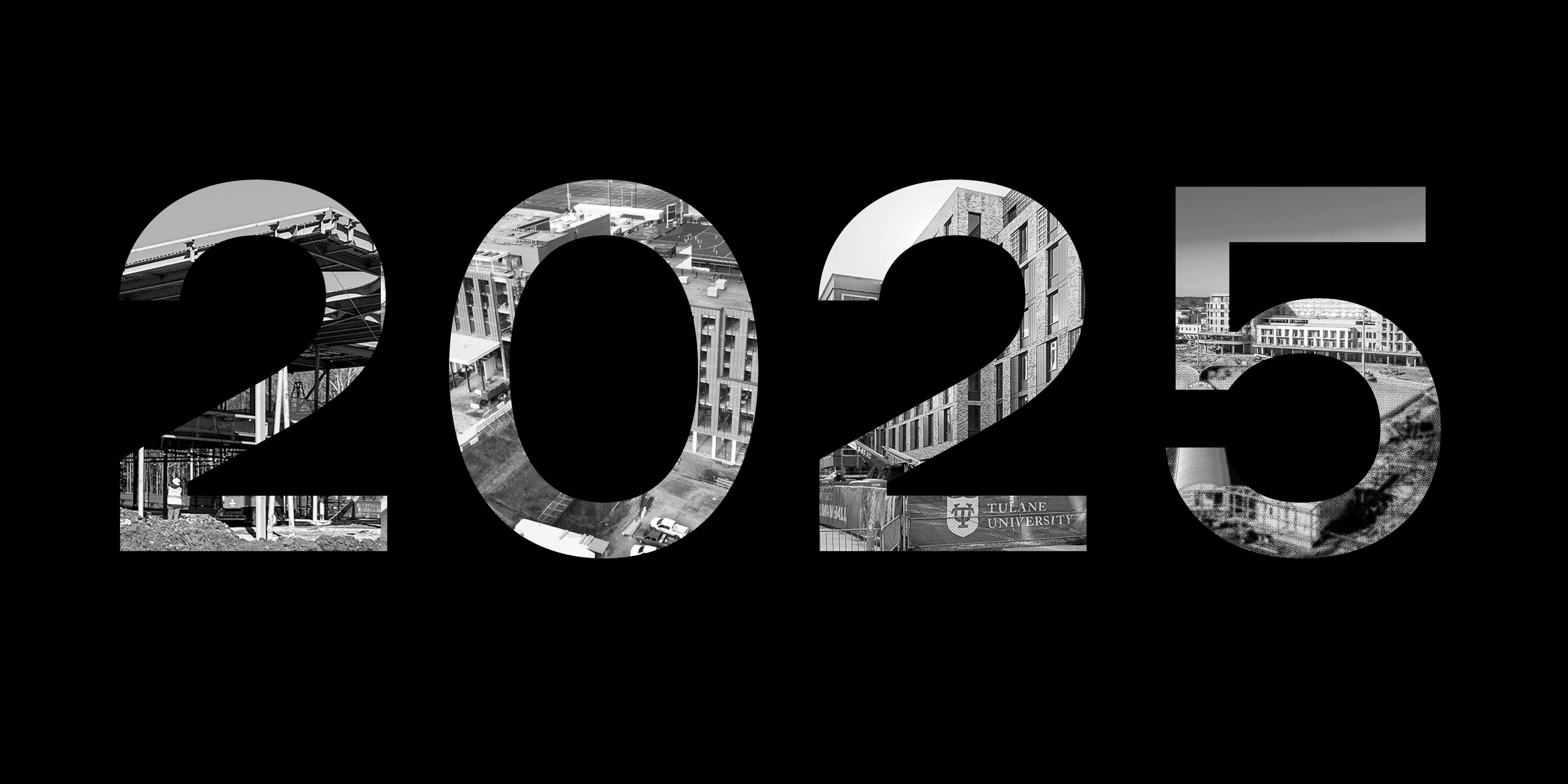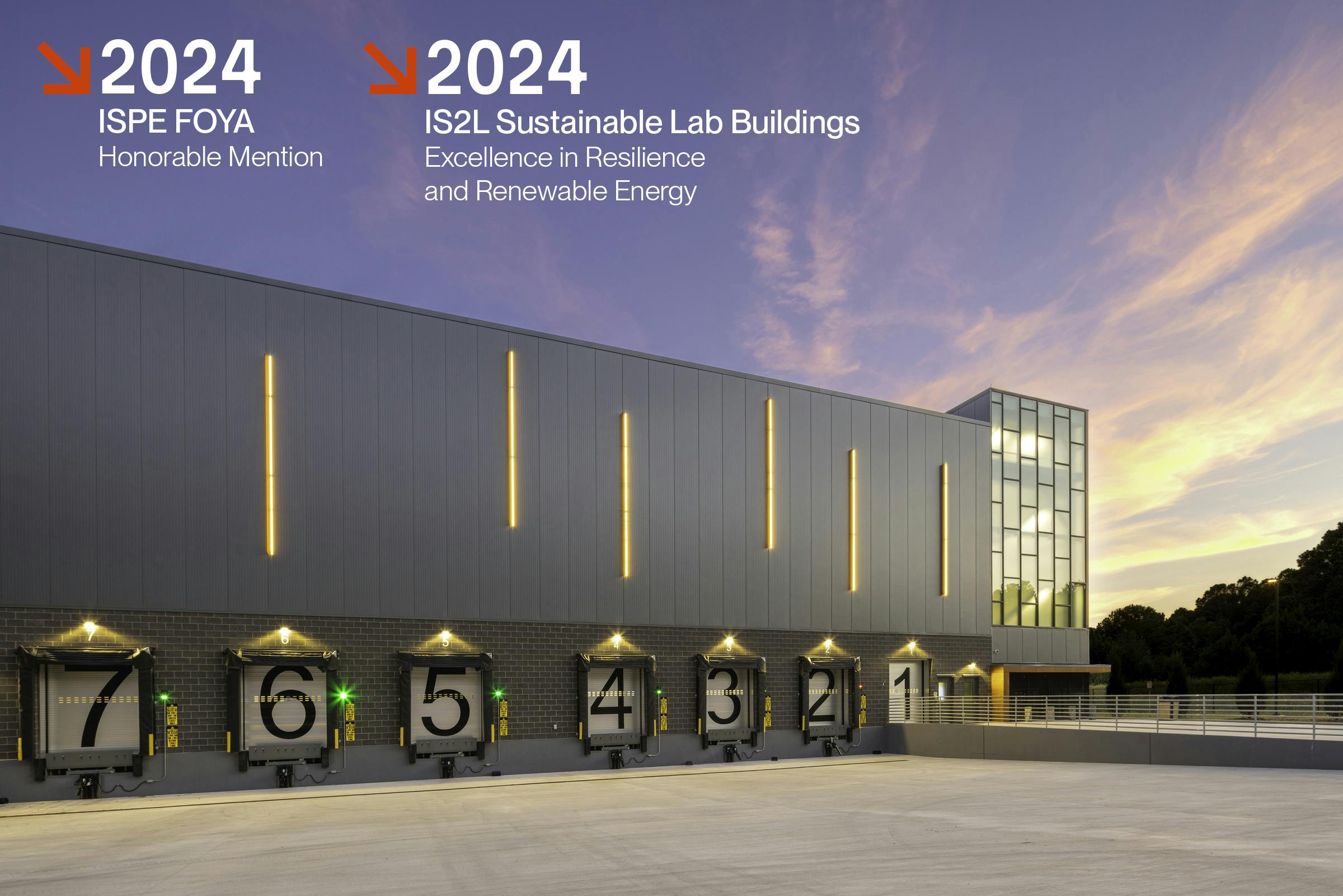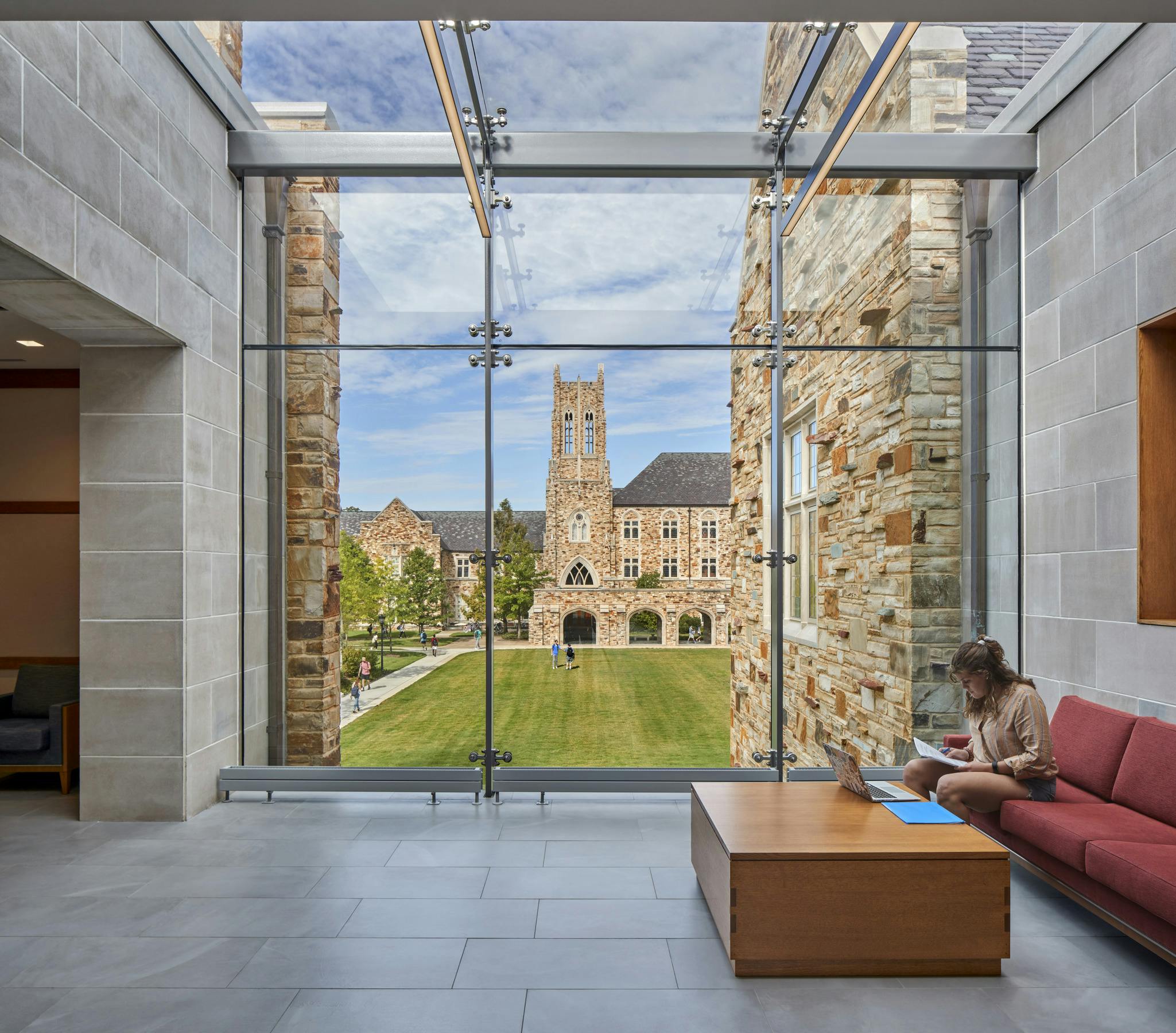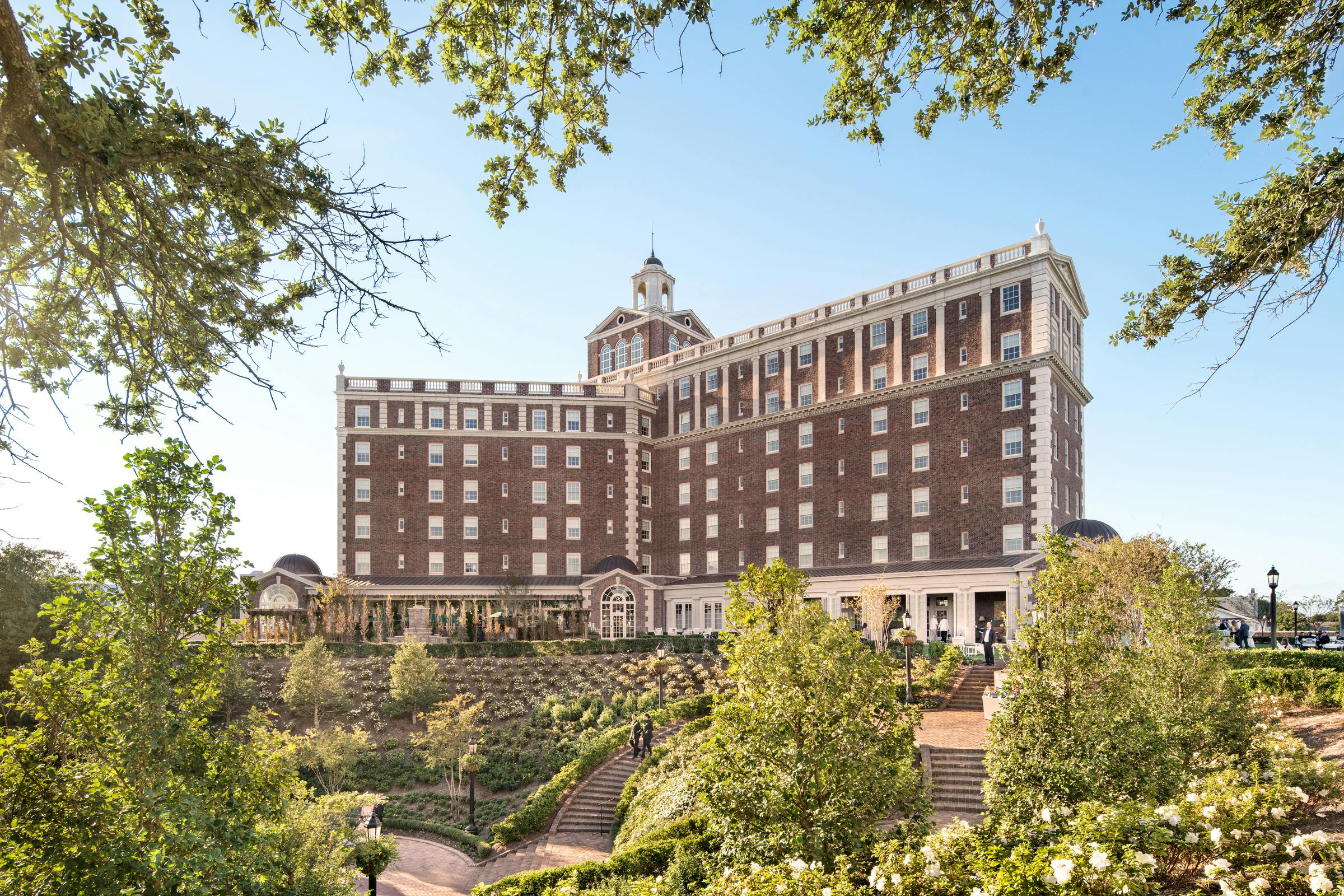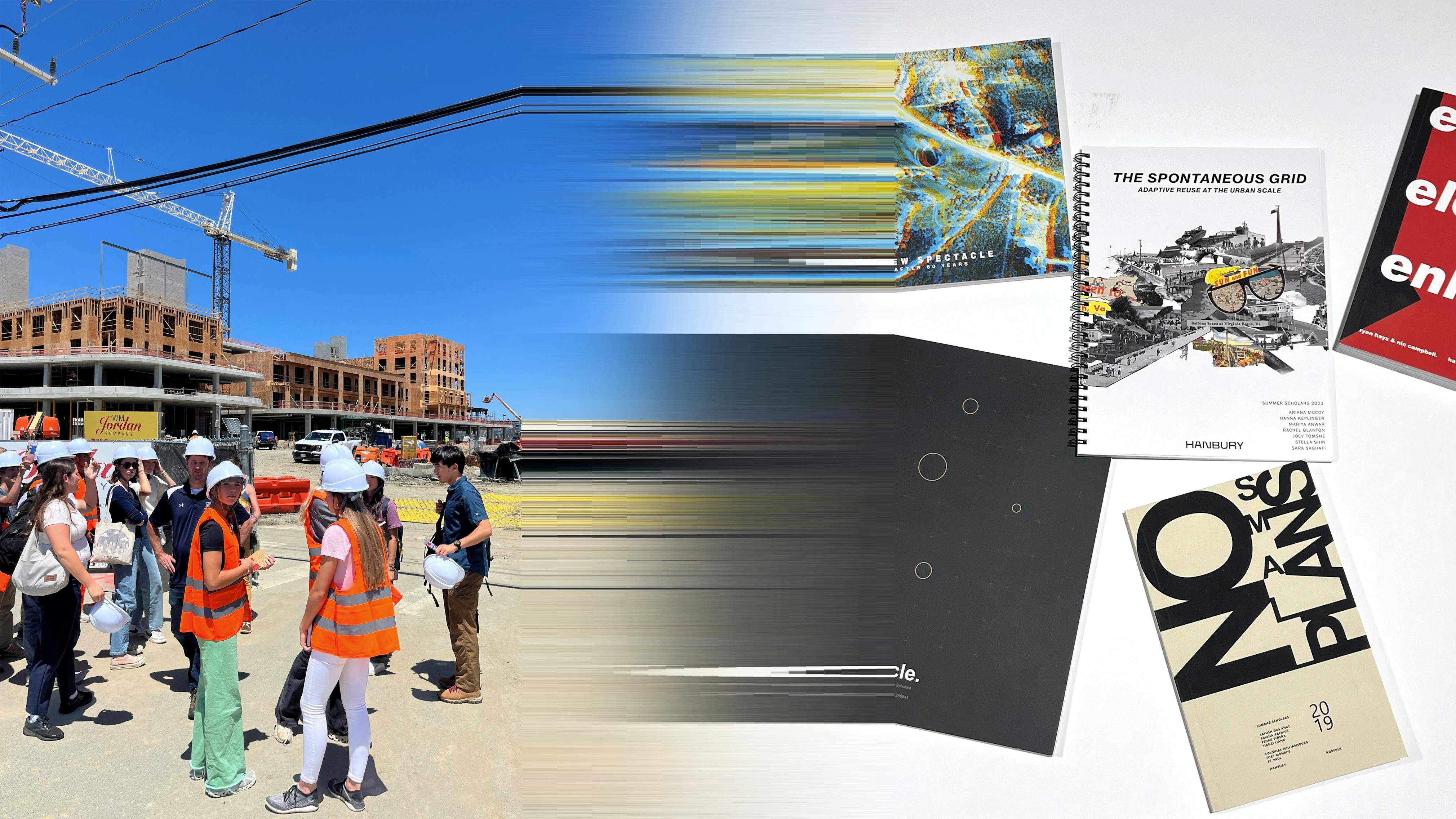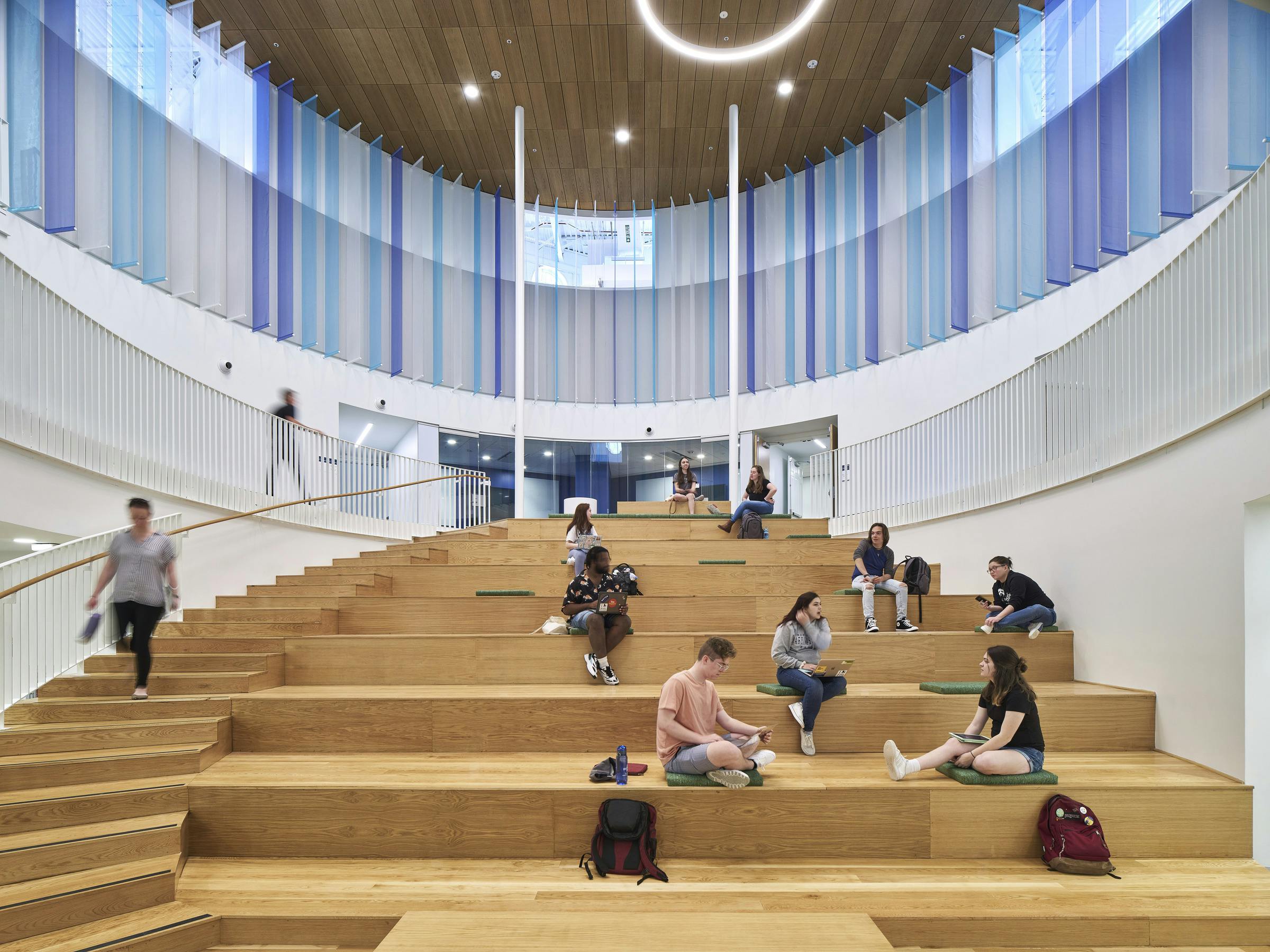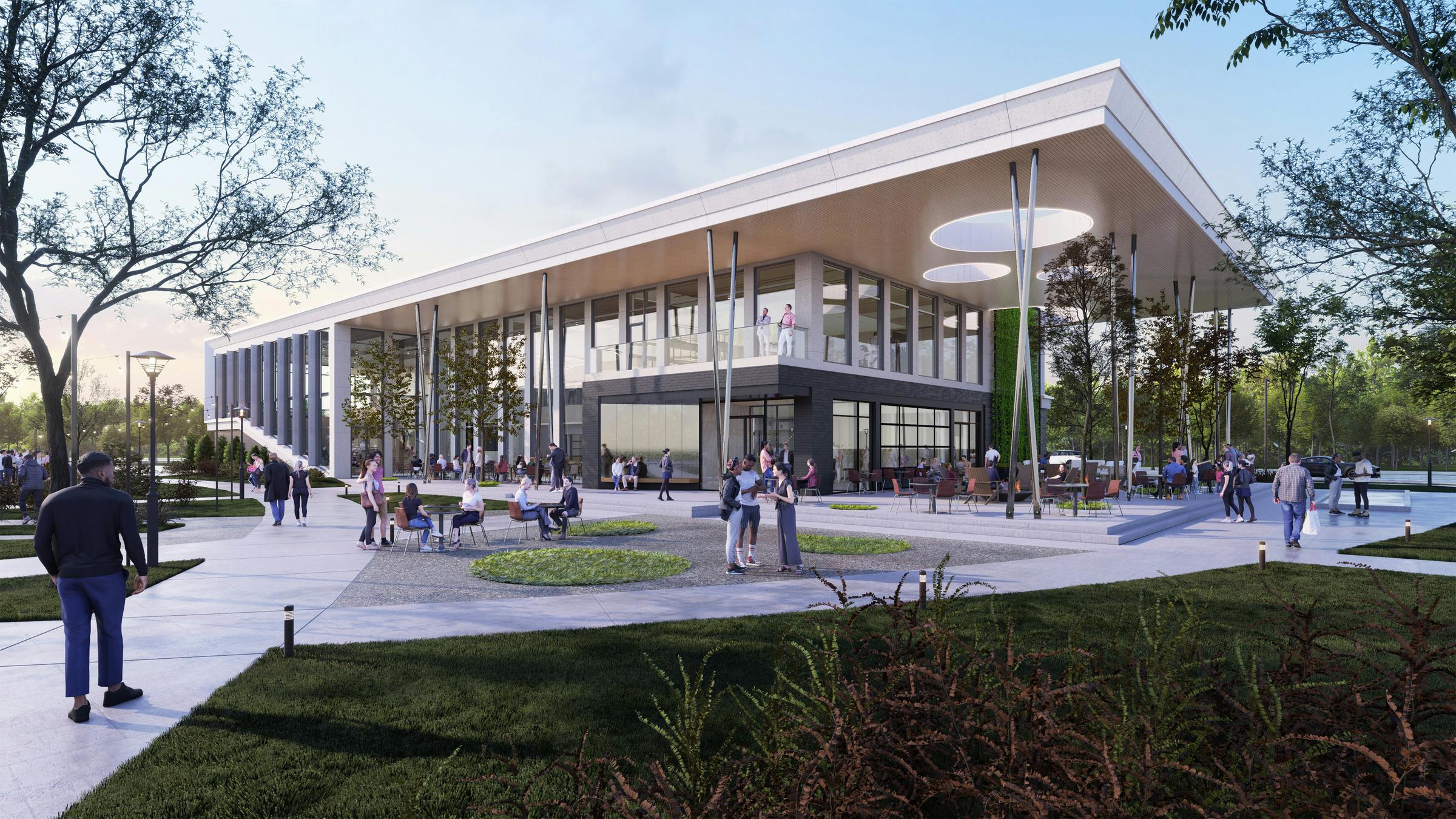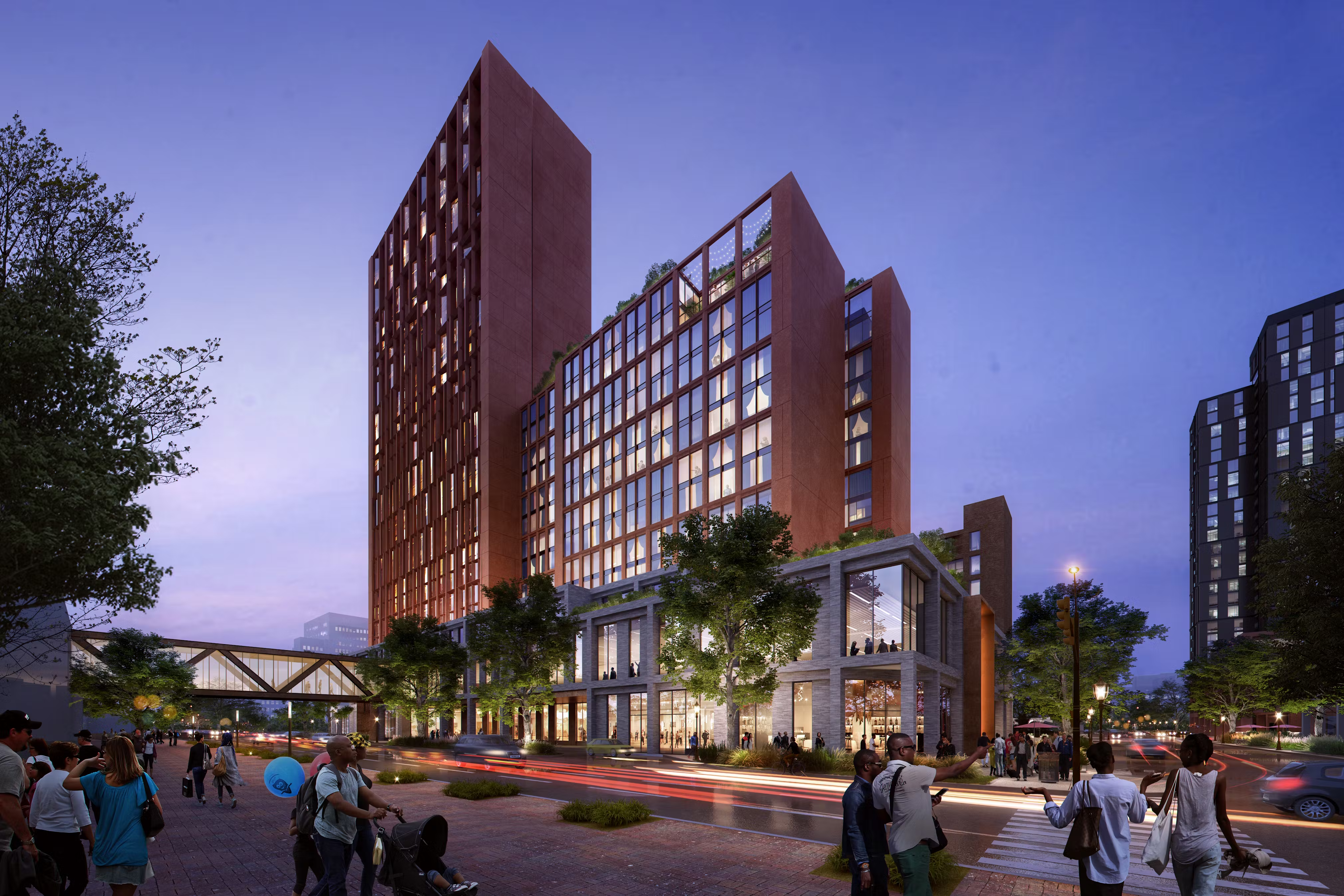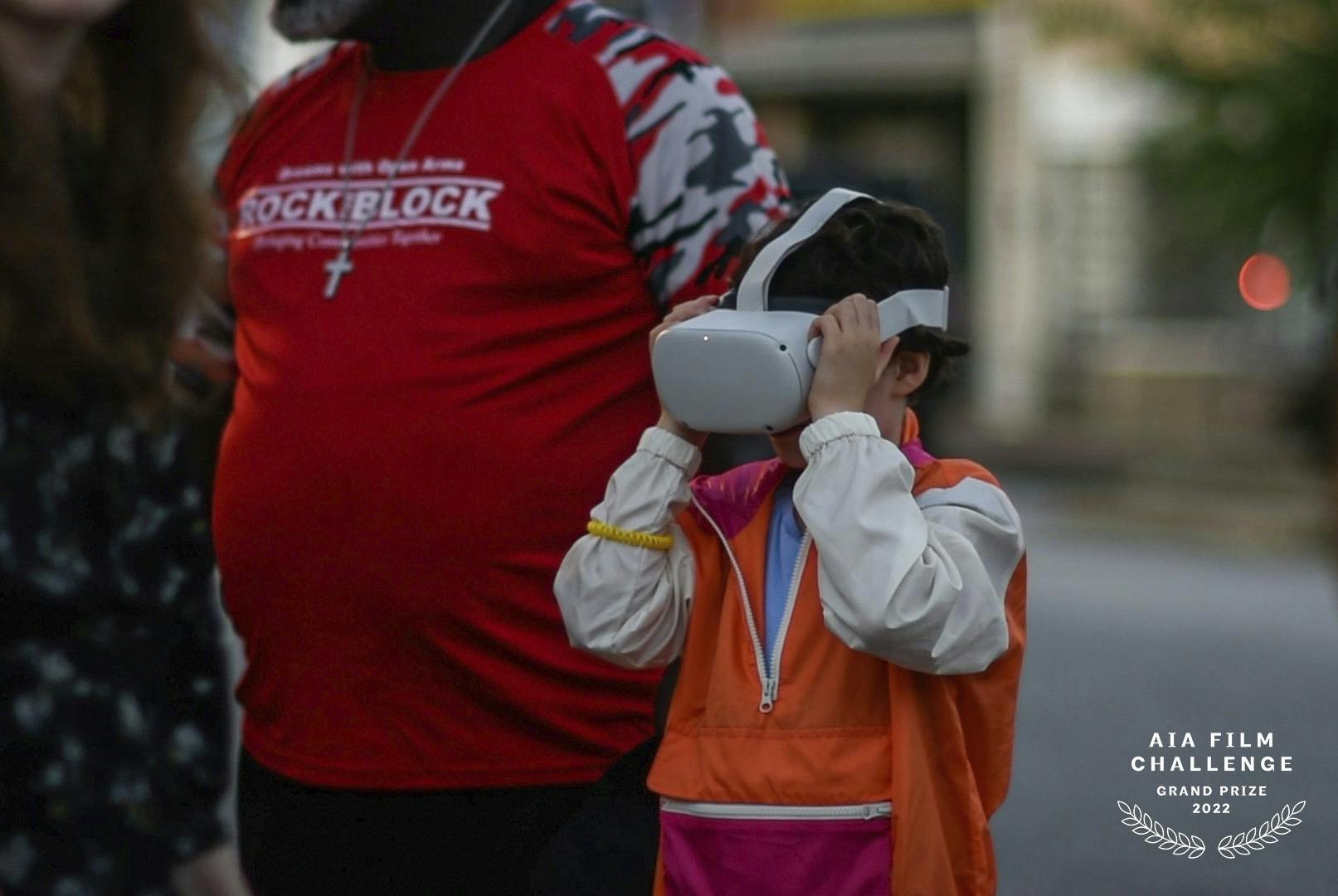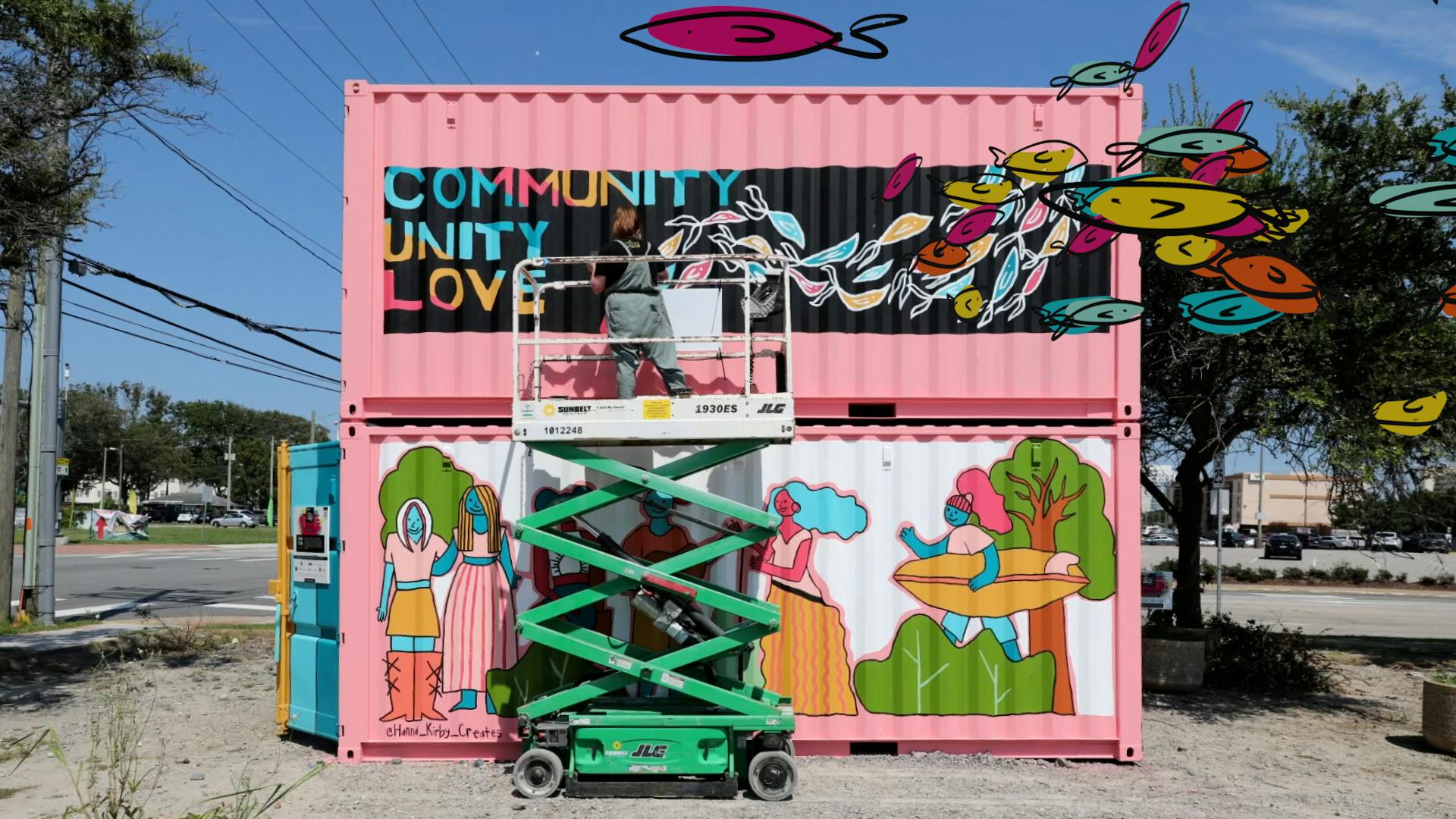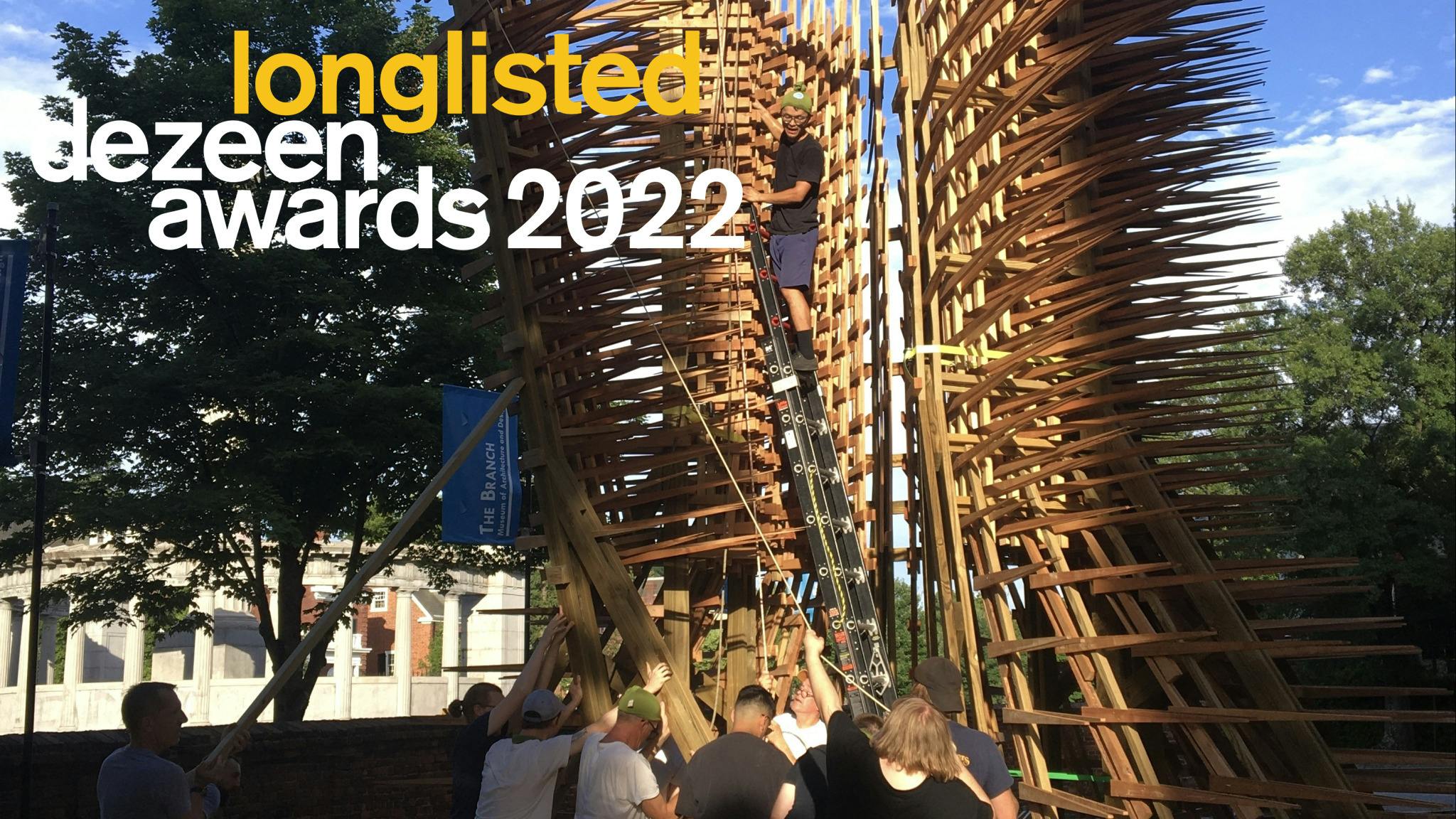



Summer Scholar Experience Recap
True to form, the Hanbury Summer Scholar program once again distinguished itself as a platform for redefining the boundaries of architectural education and practice. Thirteen students from diverse academic backgrounds joined the ranks of thinkers and creators at Hanbury, engaging in a rigorous program that balances theoretical learning with practical, hands-on experience.
From exploring the intricacies of local urban fabrics to developing full-fledged design interventions, the scholars were immersed in a process that nurtures both skill and vision. The program's commitment to multidisciplinary collaboration and inclusivity allowed these young professionals to not only expand their own horizons but also to contribute meaningfully to the communities around them.
Local research is a fundamental component of our Summer Scholar program, allowing students to tackle site-specific challenges and develop impactful design interventions. This year, scholars delved into their respective communities, performing extensive site analyses and developing solutions to critical contemporary issues facing the built environment.
Through direct engagement with neighborhoods, interactions with residents, and collaborations with community leaders, the scholars developed a nuanced understanding of each area's unique characteristics and potential. Their insights were translated into detailed site plans and diagrams that vividly depict the challenges and outline progressive solutions.
The resulting proposals are inspiring and affirm our commitment to community-centered design, prompting us to further explore and expand our local design initiatives. Thank you to this year’s cohort for their outstanding contributions!
Scholar Group: Phillip Becher, Atheeni Eacharath, Yongxiao Liu, Vivienne Shi
Team Leads: Adam Schultz, Alec Yuzhbabenko
In Norfolk, our scholars focused on Virginia Beach, building on the work of last year's scholars by proposing a year-round ecosystem for the Central Beach area. The city, primarily driven by tourism and military presence, presents a unique blend of transient and permanent characteristics. Their project, "Virginia Beach: Interlaced," aims to weave community cohesion through a large-scale multimodal loop and strategic architectural inlays, enriching experiences for both locals and tourists across diverse urban scales.
Explore "Virginia Beach: Interlaced"




Scholar Group: Jonathan Chamblee, Carley Parsons
Team Leads: Rick Fischl, Cam Fullmer, Katrina Van Orden
In Richmond, our scholars explored a site to mediate the transition between rural and urban, crafting a program to anchor the existing rural character threatened by a rapidly expanding city. Their project promotes authentic, scale-conscious interventions that integrate the area's agrarian history while looking to a resilient future in conversation with its urban neighbor. The approach considers economic, environmental, and educational impacts, aiming for a transformation that evolves organically with time.






Scholar Group: Aishwarya Patil, Martina Terry
Team Leads: Bridget Fitzmaurice, Jesse Green, Julia Janaro, Amelia Murphy
The Raleigh team tackled inclusivity in architectural design, extending beyond ADA requirements to create equitable environments. Their research identifies gaps and explores solutions that accommodate a diverse range of needs, including sensory sensitivities, cognitive abilities, and temporary impairments. Through examination of best practices, case studies, and emerging technologies, they've developed a series of concept diagrams that enhance usability and comfort for all users, fostering a deeper understanding of inclusive design principles.


Scholar Group: Evan Cage, Rilia Li
Team Leads: Claire Holmgreen, Ryan Pietrowski, Ross Smith
Our Baltimore scholars are focusing on a crucial site located between two major stadiums, aiming to transform a longstanding parking area into a vibrant urban district. This project seeks to unify neighborhoods historically divided by transportation infrastructures, integrating the area into a cohesive urban fabric. The design for a "15-minute city" includes mixed-use developments and enhanced public transportation, with pathways connecting to other pedestrian zones across Baltimore. By activating the stadium site for year-round use and linking diverse urban elements, the project promotes a dynamic, sustainable urban life that remains active year-round.




Scholar Group: Leigh Kadlec, Melissa Santjer, Tyler Smith
Team Leads: Doug Campbell, Luma Mausher, Drew McNamara, Krista VanHoutteghem, Megan Zapoli
In Grand Rapids, the Summer Scholars partnered with the Heartside Downtown Neighborhood Association and Downtown Grand Rapids Inc. (DGRI) to address the critical need for fresh food access in the neighborhood. Together, they identified both immediate and long-term strategies to tackle this challenge. The collaboration led to the creation of practical tools like a Fresh Food Resources Guide for immediate implementation and ambitious long-term goals, such as establishing a community center that would house a locally-focused grocery store, job training programs, and a space for community meetings. Recognizing the mobility challenges faced by many residents, the team also developed a cart borrowing system to ease the burden of carrying groceries. These strategies are thoughtfully designed to reflect the unique needs and characteristics of the community.









